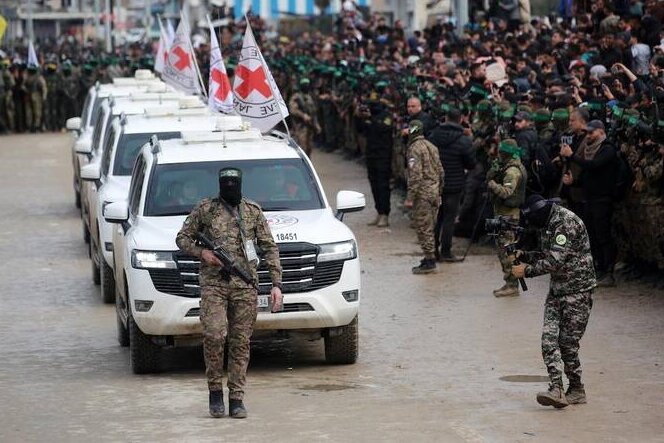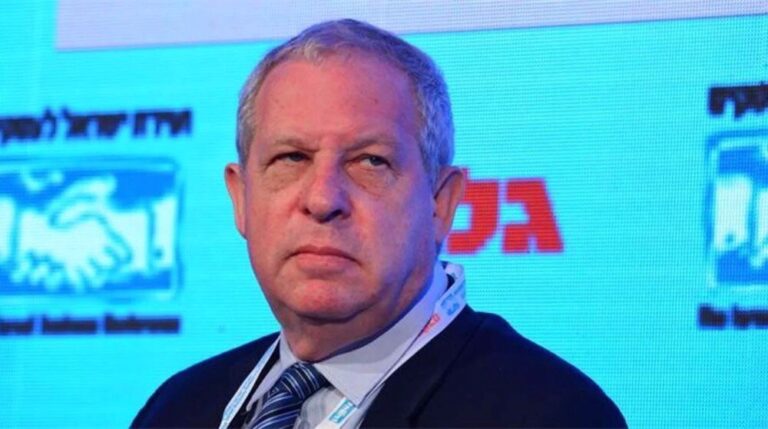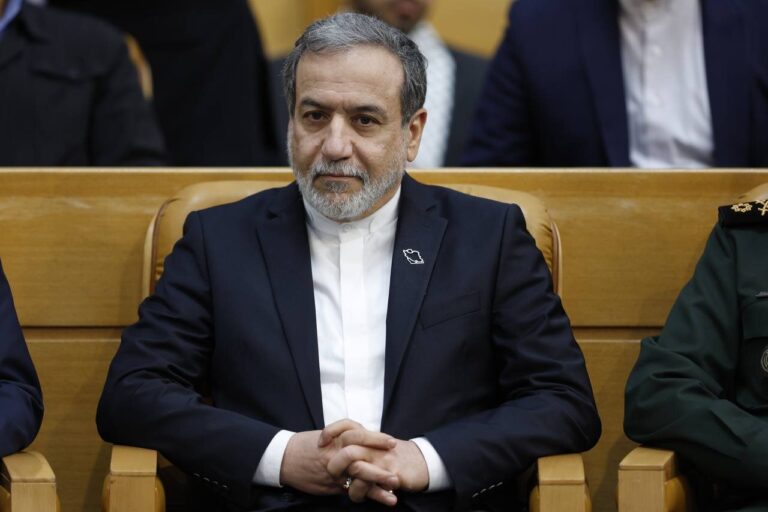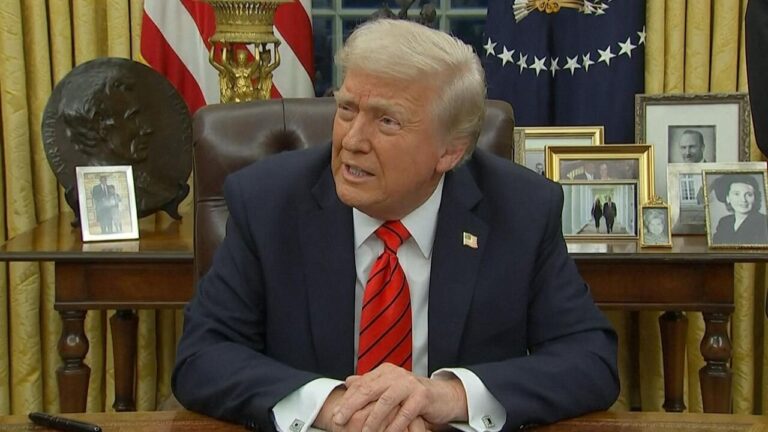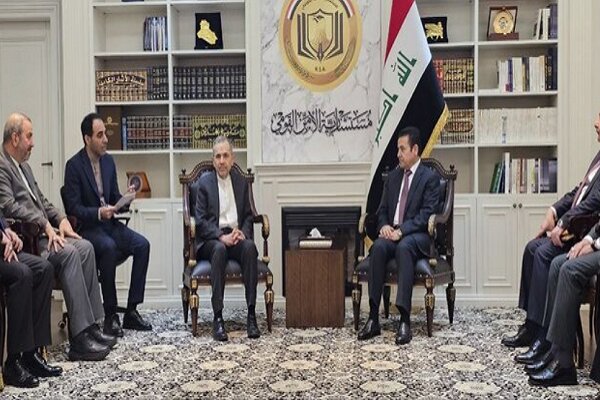Hamas Proposes Significant Prisoner Swap, Demands Israel’s Commitment to Uphold Truce
The ongoing conflict in Gaza has led to escalating tensions, with Hamas now indicating a willingness to negotiate the release of Israeli hostages. A senior official from Hamas has announced that the group is prepared to engage in a significant prisoner swap, contingent upon Israel’s commitment to ending hostilities in the region. This situation has garnered global attention, as negotiations continue in Cairo, facilitated by mediators from Egypt and Qatar, alongside support from the United States.
Senior Hamas leader Taher al-Nunu stated, “We are ready to release all Israeli captives in exchange for a serious prisoner swap deal, an end to the war, the withdrawal of Israeli forces from the Gaza Strip, and the entry of humanitarian aid.” This declaration underscores Hamas’s readiness to reach an agreement but also highlights the complexities involved in the negotiations.
Despite these overtures, Nunu has accused Israel of hindering progress towards a ceasefire. He emphasized that the crux of the matter lies not in the number of captives but in Israel’s alleged failure to honor its commitments. Nunu remarked, “The occupation is reneging on its commitments, blocking the implementation of the ceasefire agreement and continuing the war.”
To ensure that any agreement is upheld, Hamas has called for guarantees that would compel Israel to adhere to the terms of the ceasefire. This demand adds another layer of complexity to the negotiations, as both sides grapple with trust and accountability issues.
As part of ongoing discussions, Israeli news outlet Ynet reported that a fresh proposal has been presented to Hamas. According to the proposal, the militant group would release ten living hostages in exchange for assurances from the United States that Israel would engage in discussions regarding a second phase of the ceasefire. This potential deal emphasizes the delicate balance between humanitarian concerns and the broader geopolitical implications of the conflict.
Key Aspects of the Negotiations:
- Prisoner Swap: Hamas is prepared to release all Israeli captives in exchange for a comprehensive deal.
- Ceasefire Commitment: Israel must guarantee an end to hostilities and withdrawal from Gaza.
- Humanitarian Aid: Entry of humanitarian assistance into the Gaza Strip is a critical component of the negotiations.
- US Involvement: American guarantees play a pivotal role in brokering a second phase of the ceasefire talks.
The situation remains fluid, with both sides expressing their positions through various channels. As the world watches, the need for a resolution grows ever more pressing, with the humanitarian crisis in Gaza intensifying. The international community continues to call for a peaceful resolution that respects the rights and needs of all parties involved.
In summary, the current state of negotiations between Hamas and Israel reflects the complexity of the situation in Gaza. As both sides navigate the challenges of trust and commitment, the potential for a prisoner swap presents a glimmer of hope amidst the ongoing conflict. The coming days are likely to be crucial as mediators strive to facilitate a ceasefire that could pave the way for lasting peace in the region.
As talks progress, it is essential for all stakeholders to remain committed to finding a solution that prioritizes humanitarian needs while ensuring security for all involved. The eyes of the world are on Gaza, and the outcomes of these negotiations could have far-reaching implications for the region’s future.
